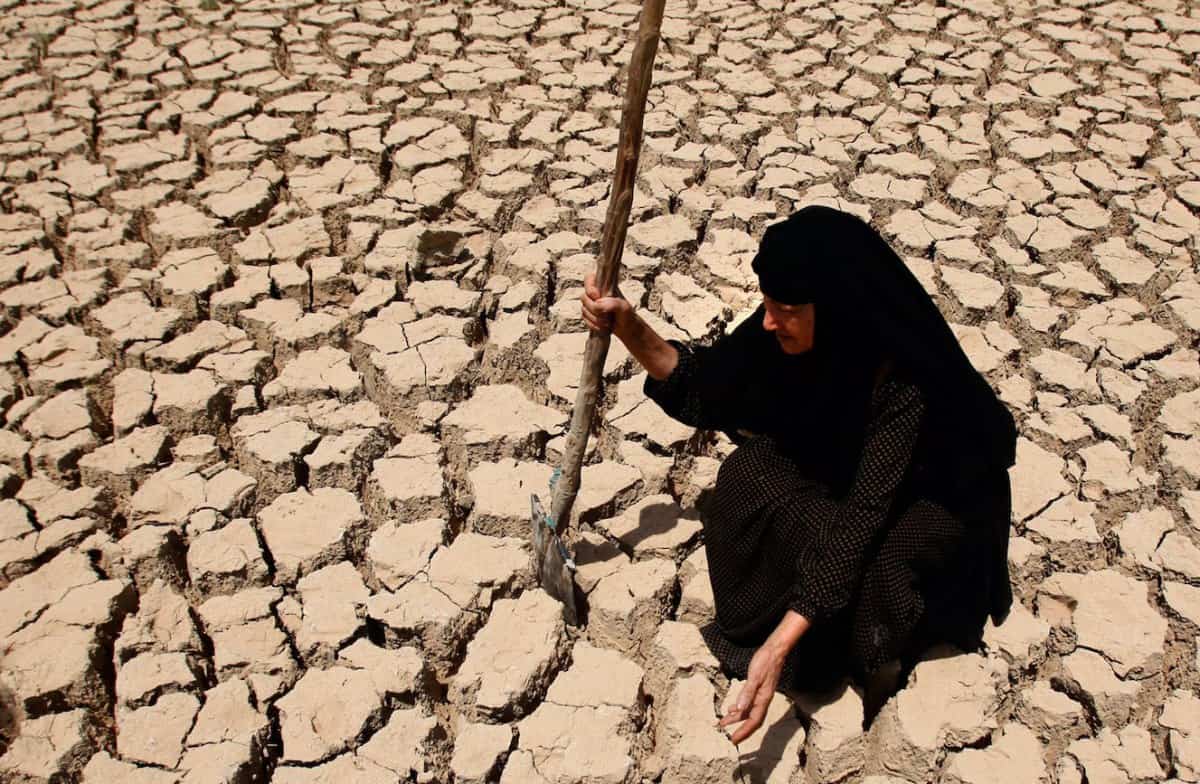-
Severe water shortage in Khuzestan province sparked protests in some cities
-
Power generation impacted by drought results in rolling blackouts in Tehran and other large cities
Iran’s government on Friday sent a delegation to the oil-rich southwestern province of Khuzestan to “immediately tackle” dire water shortages that have sparked discontent, media reports said.
“Following water shortages in Khuzestan, people organized gatherings” in some cities, Iran’s Tasnim news agency reported.
Tasnim and state television said first vice-president Eshaq Jahangiri had sent the deputy energy, agriculture and budget ministers to Ahvaz, the Khuzestan regional capital, some 545 km (340 miles) southwest of Tehran.
The team is under the jurisdiction of a national crisis task force, Tasnim said.
Farsi-language media based abroad said security forces on Thursday had cracked down on protesters demonstrating against severe water shortages, but media inside the country played down the reports.
Iran has endured repeated droughts over the past decade, particularly in the country’s south.
This month, rolling blackouts began in the capital Tehran and several other large cities, which officials blame on heat, drought impacting hydropower generation and surging energy demands.
Power cuts in the peak summer months are not uncommon in Iran.
But a government report this month said precipitation was down 43 percent compared to the long-term average and warned of reduced water supplies for the year.
Khuzestan is one of the few areas in mainly Shiite Iran to have a large Sunni Arab minority, which has frequently complained of marginalization.
In 2019, the province was a hotspot of anti-government protests that had shaken other areas of the Islamic republic.
Over the years, blistering summer heatwaves and seasonal sandstorms blowing from Saudi Arabia and neighboring Iraq have dried up Khuzestan’s once-fertile plains.
Scientists say climate change amplifies droughts, while the intensity and frequency of droughts threaten food security.








